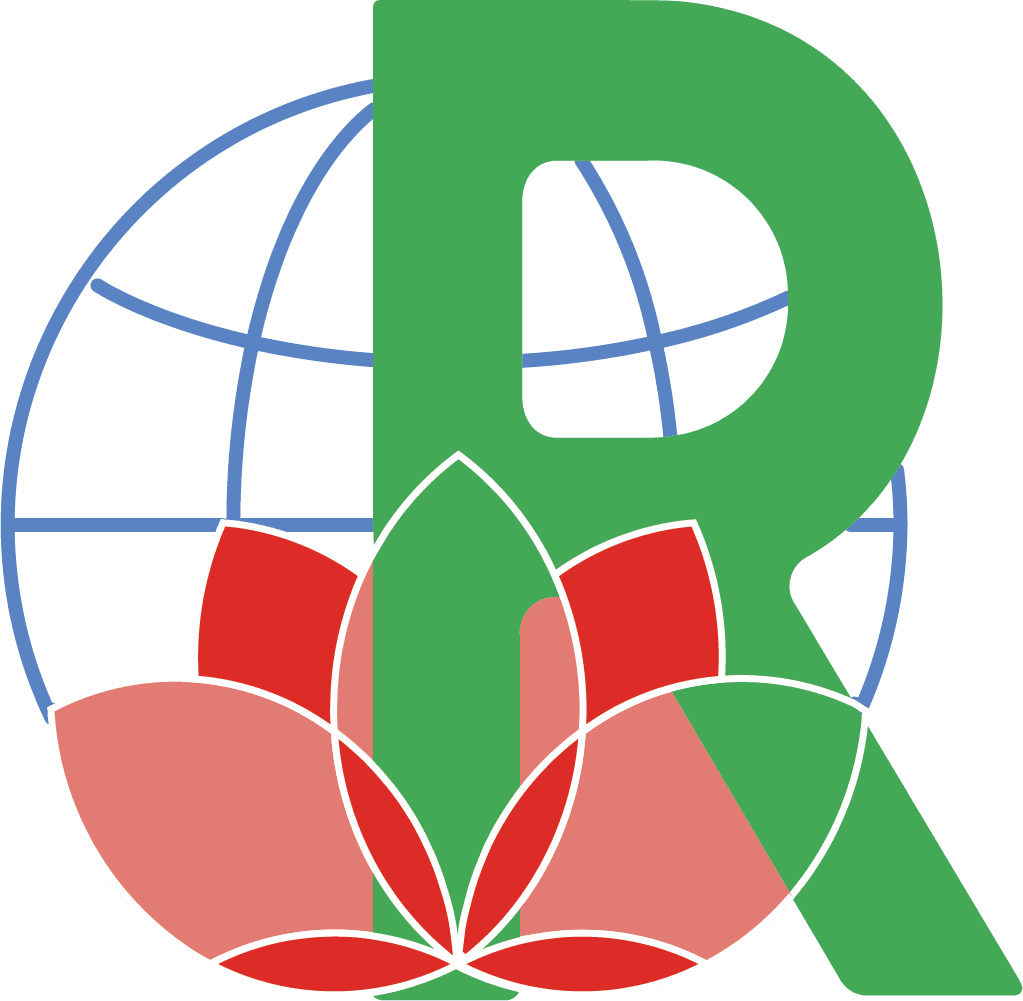From Communication to Collaboration: The Role of CRM in Modern Communities
In today’s fast-evolving property landscape, effective communication is no longer a luxury—it’s a necessity. For residential complexes, commercial parks, and even industrial spaces, the need to streamline communication and foster collaboration between management and residents or tenants has become paramount. Enter Community CRM systems, the ultimate tool for modern property management. Community CRM systems don’t just simplify communication—they transform it into collaboration, creating a harmonious ecosystem where managers and residents work together to build thriving communities.
Why CRM Matters in Modern Communities
The Shift from Basic Management to Comprehensive Engagement
Gone are the days when property management was limited to handling complaints and collecting payments. Modern communities demand more: real-time updates, transparent communication, and personalized engagement. Community CRM systems make this shift possible by centralizing operations and communication into one easy-to-use platform.
Bridging Gaps Between Management and Residents
At its core, a CRM (Customer Relationship Management) system serves as a bridge between managers and residents or tenants. It creates a unified platform where residents can voice their needs, stay informed, and feel valued, while managers can respond efficiently, strengthening trust and relationships.
Key Features of Community CRM Systems
Centralized Communication Channels
A CRM system eliminates the confusion of juggling multiple communication methods. Whether it’s email updates, notices, or emergency alerts, everything is sent through a single, centralized platform, ensuring that no message is missed.
Streamlined Resident and Tenant Engagement
Engagement is the backbone of successful communities. With a CRM, managers can send event invitations, conduct surveys, and provide regular updates, fostering a sense of involvement and belonging among residents and tenants.
Data-Driven Decision Making
CRM systems collect and organize data, offering valuable insights into community behavior. Managers can use these insights to optimize services, address recurring issues, and enhance overall satisfaction.
The Benefits of CRM in Modern Communities
Enhancing Transparency and Trust
Transparency builds trust. CRM systems empower property managers to share updates on projects, maintenance schedules, and community policies with ease, keeping residents informed and involved.
Saving Time for Property Managers
Manual processes can eat up a manager’s time. With automation features like pre-scheduled notifications, service request tracking, and instant messaging, CRM systems simplify workflows, allowing managers to focus on what truly matters—improving the community experience.
Empowering Residents and Tenants
Residents and tenants benefit from having direct access to information and services. Whether it’s paying rent, submitting maintenance requests, or viewing community notices, a CRM puts the power in their hands, increasing satisfaction and reducing frustration.
Transforming Communities: From Communication to Collaboration
Encouraging Resident Feedback and Participation
Feedback is the foundation of collaboration. CRM systems make it easy for residents to share opinions and ideas, enabling managers to tailor services to the community’s needs. This two-way communication fosters a culture of collaboration and mutual respect.
Strengthening the Sense of Belonging
When residents feel heard and valued, they develop a deeper connection to their community. By streamlining engagement and creating opportunities for collaboration, CRM systems help build a sense of belonging that transforms properties into thriving communities.
The Future of CRM in Community Management
Integrating AI and Smart Solutions
The next generation of CRM systems integrates artificial intelligence to further enhance personalization. Imagine tailored notifications, predictive maintenance reminders, and AI-powered chatbots ready to assist residents 24/7.
Building Sustainable, Connected Communities
CRM systems are more than a management tool—they’re a foundation for sustainable, connected communities. By improving communication, collaboration, and transparency, these systems ensure long-term growth and resilience in any property type.
Embracing Collaboration with Community CRM
A Community CRM system is no longer an optional tool; it’s a game-changer in modern property management. By transforming communication into collaboration, these systems empower managers to create efficient, transparent operations and foster a sense of belonging among residents and tenants. Lotus Residentials’ CRM solutions take this vision even further, offering a cloud-based platform tailored for residential, commercial, and industrial communities. It’s time to embrace the future of property management—because great communities start with great connections.
Alireza Khatib
